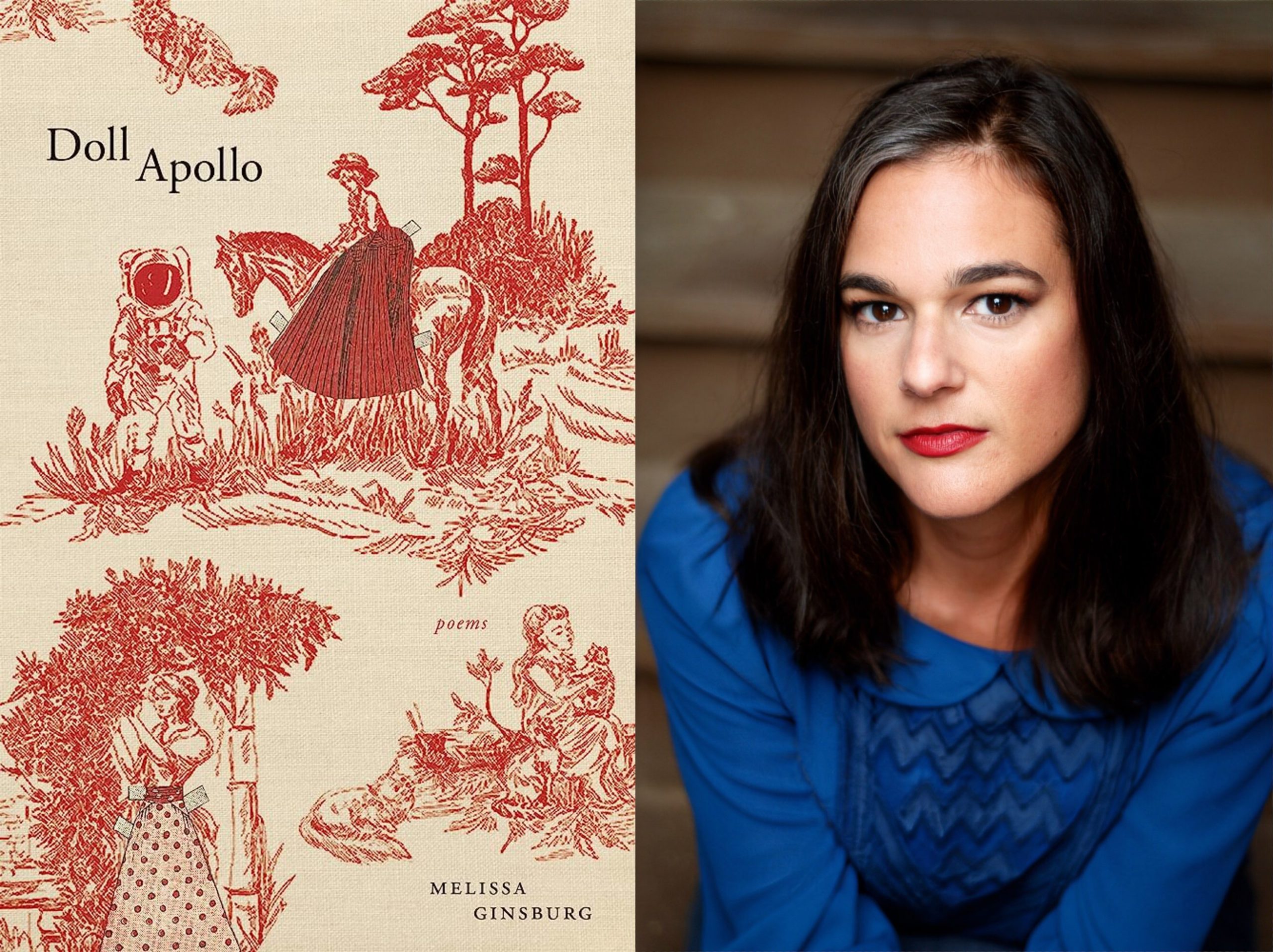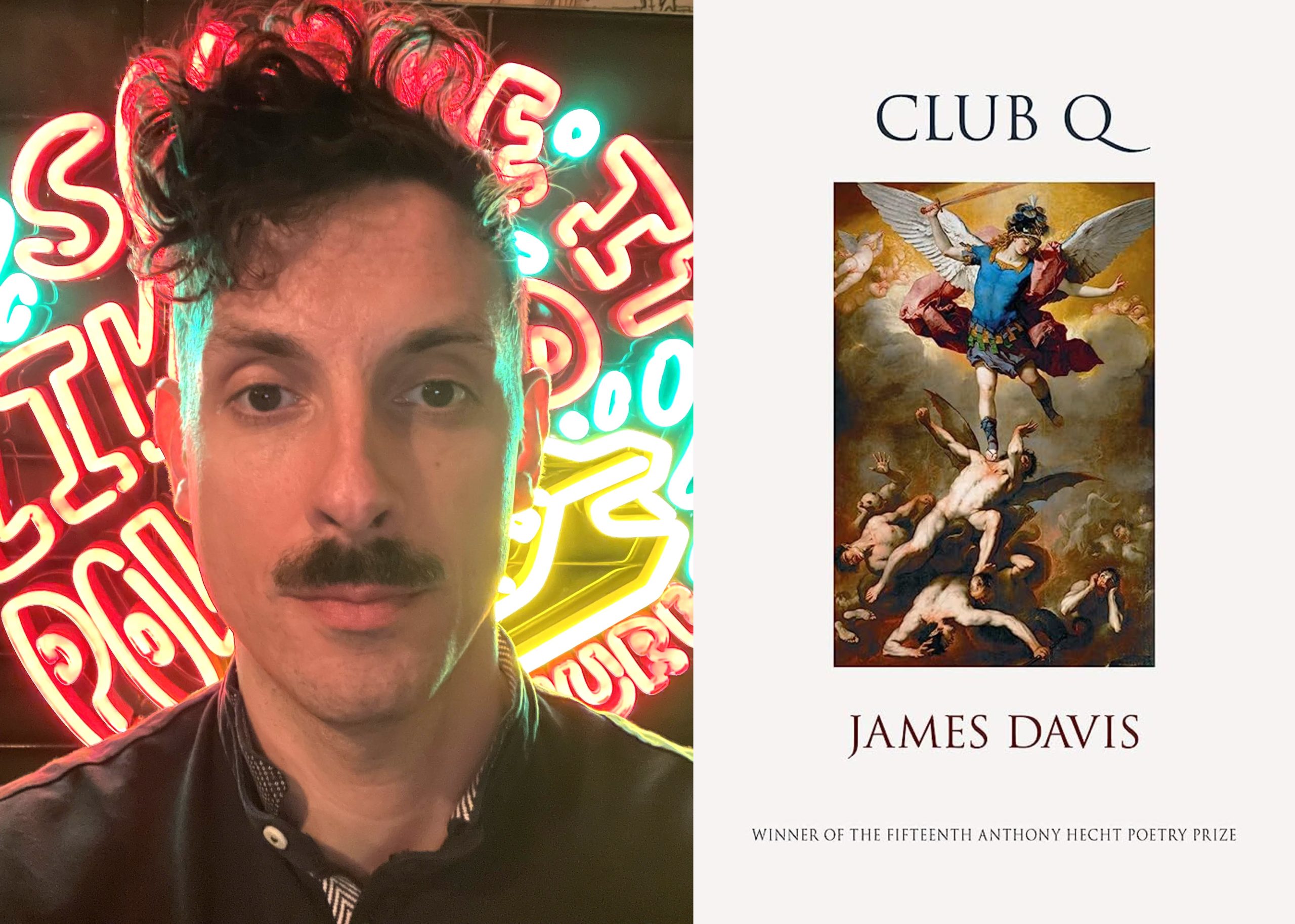This week, Robert M. Pirsig, author of Zen and the Art of Motorcycle Maintenance: An Inquiry Into Values, died after a period of failing health. Two years ago, my friend, Darryl, died in a motorcycle accident, leaving behind his wife and four kids. At the funeral, I couldn’t find a connection between his still body and the vibrant, wonderful person I knew. That wasn’t Darryl, lying there. Intellectually, I knew, but emotionally, I couldn’t understand. He’s buried in Austin, wearing his mechanic’s work shirt and baseball cap, laid to rest as he lived. I’d like to think Pirsig will be sent off in similar fashion.

Pirsig and his son on the motorcycle with which they traveled the North West.
It was Darryl who first keyed me in to the heart and soul at the center of Zen. Darryl was an amateur motorcycle mechanic, having recently ridden his bike to Bozeman and back, solo. I was in the middle of law school, with not enough time for treatises, what’s to say of pleasure reading. Still, I had my unread copy on the shelf, collecting dust, next to Infinite Jest and other books that I didn’t want to read, necessarily, but wanted to have read.
Darryl pointed to my copy excitedly. I confessed I hadn’t cracked it. But by his enthusiasm, I guessed the book had quite a bit to do with his main hobby. His description will always stick with me. “It’s not really about motorcycles. It’s really about everything else.”
I dismissed this at the time. What could be more important than studying this case, this book, this coursework, this vocation right now? What power could one book hold?
Right before Darryl died, Lucas, bartender for the Wild Detectives, recommended this book again. I stutter-started, reading bits and pieces before eventually moving on to something else. But, after the funeral, I began the book again in earnest, with the requisite focus and discipline Zen requires.
Everything is, indeed, here.
The book blooms like an flower growing in infinity, petals drifting off to reveal still more rocketing, rising, falling petals. Ostensibly the story of Pirsig and his son Chris’s cross-country trek across Montana and westward, Zen reads like a wise friend coolly trying to explain a complicated and daunting topic. Never too academic, always kind and curious, the book steers you along like the titular machine, allowing readers to discover the landscapes and vistas for themselves. May all students of philosophy have a teacher half as tolerant as Pirsig, who, in chapter-length asides, whittles away at deep conundrums to the white noise of the whirring engine.
Everything is, indeed, here. The fraught relationship between our capacity to understand science and its infinite possibilities. The juxtaposition of mankind, emotion, nature, and subjectivity versus objectivity, quality, and ultimate good. Madness too, the hair-pulling limitations on mankind and its purpose. Pirsig’s own relationship with life, death, love, and acceptance.
Zen is considered, by many, a product of the counter-culture revolution. But, far from a druggy escapade or a recommendation to turn on and drop out, the book begs the reader inward, to search, find, and discover. The book takes apart the philosophical puzzles of American life in the 60’s and attempts to piece together the jigsaw. To discover how much it succeeds would require more than simply one reading.
I quickly discovered what Darryl saw in the book. Darryl too, was unassuming and patient, but quietly alive with the fires that ignited the universe, that of a hundred million suns. His depth, extending forever downward like a cascading waterfall, was as profound as his friendship. And when I finished Zen, midnight in Lubbock, Texas, lying next to my future wife who slept peacefully, I cried at the thought of Darryl, of his boundlessness and possibility, of lost conversations over a lost count of beers. And so, Zen is precious to me in many ways; not only as a window outward to the hearts of others, but to my own.
In later editions of Zen, Pirsig speaks about his son, Chris, perhaps the novel’s true moral center, and how muggers killed Chris in San Francisco five years after the book found a publisher. The search for life’s meaning steered Pirsig up to and through the doorway of death. And yet, Pirsig goes on to say that Chris’s death was not an end, but that his life continued, through Pirsig’s writing and through Pirsig’s daughter, Nell. The same energy that flared up, springing Zen into existence, is the same energy that created Chris–and Darryl. That same energy lives on, if we let it. And so, this week, I’m reminded of a great author, and all his contributions, and a great friend, and all his as well. Zen is a powerful reminder of the immediate, the infinite, and the vitality of everything. But, it’s not really about motorcycles.







